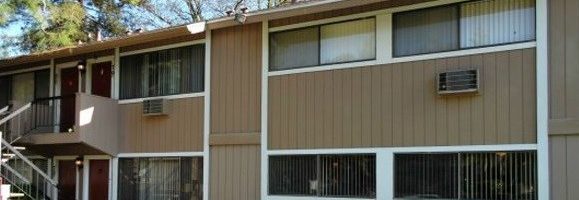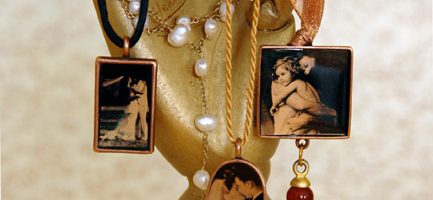This chance encounter in September 1974 didn't change my life, but it certainly changed the lives of the other two people involved.
Read More
It Was Meant 2 B


This chance encounter in September 1974 didn't change my life, but it certainly changed the lives of the other two people involved.
Read More

That chance meeting ended up being the longest date of my life. It has lasted 54 years.
Read More

...it's all very rushed and intense and exciting there by the curb, as if each of us is exactly who the other is meant to meet at that moment in time.
Read More

The Alphabet Wall
When our son Noah was in kindergarten I bought a sheet of colorful, stick-on alphabet letters in both lower and upper case. But as the kitchen fridge was already covered with magnets and photos and the kid’s artwork, I decided to stick the alphabet letters on the tiled wall in the bathroom opposite Noah’s bedroom. He was just leaning to read and write and was delighted with his new “alphabet wall”.
One day when I was elsewhere in the apartment I heard Noah going back and forth from his bedroom to the bathroom. Puzzled, I went to investigate and found him in his room laboring over a sheet of paper, a colored marker in his hand.
I watched him ponder over a word or letter, then get up to hurry across the hall to the bathroom, consult his alphabet wall, and then hurry back to continue writing!
Those alphabet letters are long gone from that bathroom wall, and that kindergarten kid is long grown. In fact Noah’s now a very good writer, although I’ve noticed he seldom puts pen to paper. All he seems to need now are his two opposable thumbs.
– Dana Susan Lehrman